Taking medication when travelling is just as important as when you’re at home. It may need some organising, but doesn’t have to be difficult.
1. Check the rules where you’re going
Different countries have different rules for medications, and what is an over the counter drug in one country may be illegal or require a prescription in another. Seek advice from official sources – the embassy or consulate of your destination country should have the information, or you could check the airline’s website. Carry a prescription with you and ensure the medication matches the prescription.
2. Know your medication
All medications should have an active ingredient, even if they are more commonly known by a brand name. It is helpful to know the generic name and dosage of the drug or active ingredient in each of your medications.
As drug names often vary in different countries, ask your doctor or pharmacist for the International Nonproprietary Name (INN) of your medication.
3. Check for airline restrictions
Most airlines have guidelines for passengers travelling with a medical condition or pregnancy, so it’s wise to check if you need to provide a letter from your doctor. Be aware that even if you are travelling with a carer, air crew are not authorised to give you your medication.
4. Timing of medication
As timing is often important, consult your doctor before you leave, for the best way to adjust your schedule to cope with changes of time zones. It’s a good idea to carry as much of your medication with you in your carry-on baggage as you can, with what you need during the journey as easily accessible as possible. This also ensures you’ll have what you need if luggage is lost or delayed.
5. Organising dosages
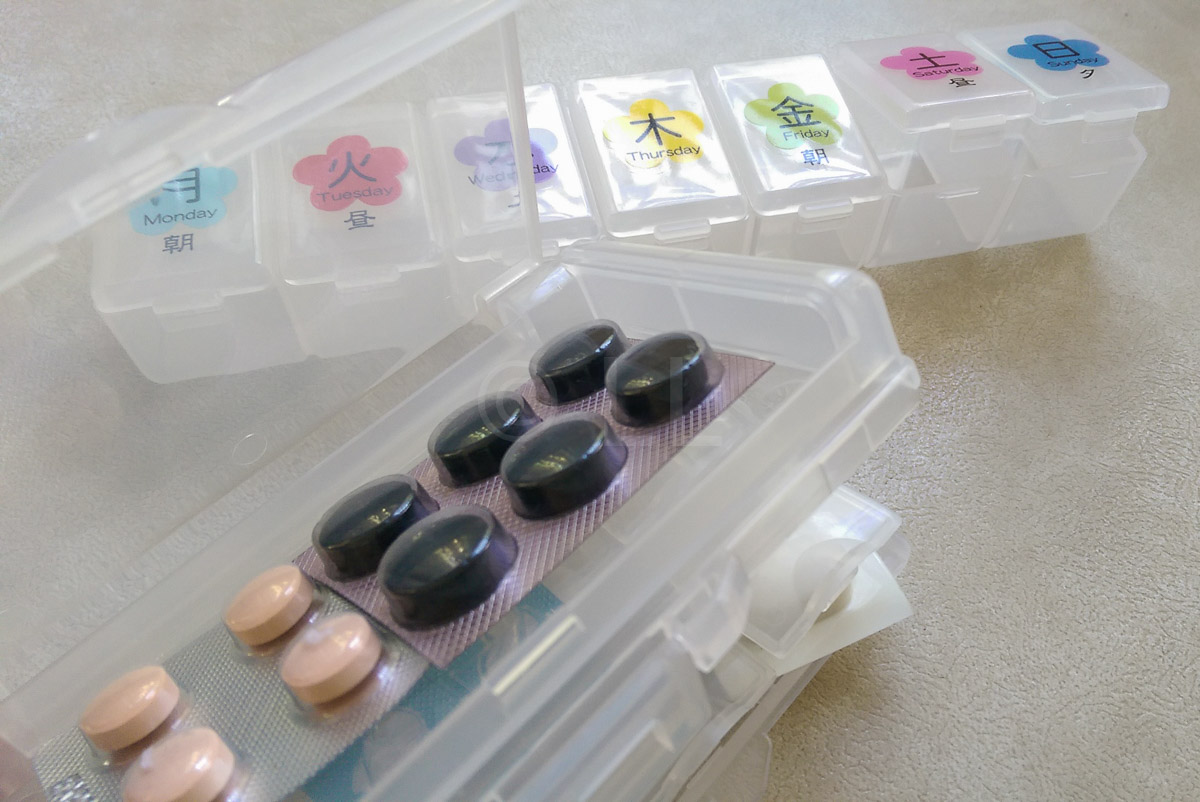
When you’re travelling and your schedule is very different from what it is at home, it’s easy to miss doses. One of the easiest ways of ensuring you keep up, is to separate out the tablets into one of the many such sorting boxes on the market. Some will do a week, some longer and others cope with separating out different tablets for different times of the day. they are usually inexpensive and are easy to carry in your hand carry bags.
We liked the two we show here – one with the days of the week and the other, which has a separate section for strip medications – useful for non-prescription tablets like painkillers or charcoal tablets.
6. Take enough, take a prescription
If you’re not going to be away for long, take all you need with you. For a longer stay, make sure you have an up-to-date prescription with you and ensure that, as noted above, you know the International Nonproprietary Name (INN) of your medication. It’s also a good idea to keep medication in its original packaging to avoid any issues when passing through customs. Scan or keep an e-copy of your prescription in cloud storage as a back-up.
7. Keeping them cool
If you are taking a medication that needs to be kept cool, ensure that you’ve got that all-important doctors letter handy to ensure that you are able to take them and the cooling block etc through security checks. This would also need to cover any syringes or other sharps that you need or liquid medicines. If there is an alternative that comes in tablet or capsule form, that may be an option. Try the alternative for at least a few days before you leave to be sure it will work for you.
8. Take a First Aid Kit
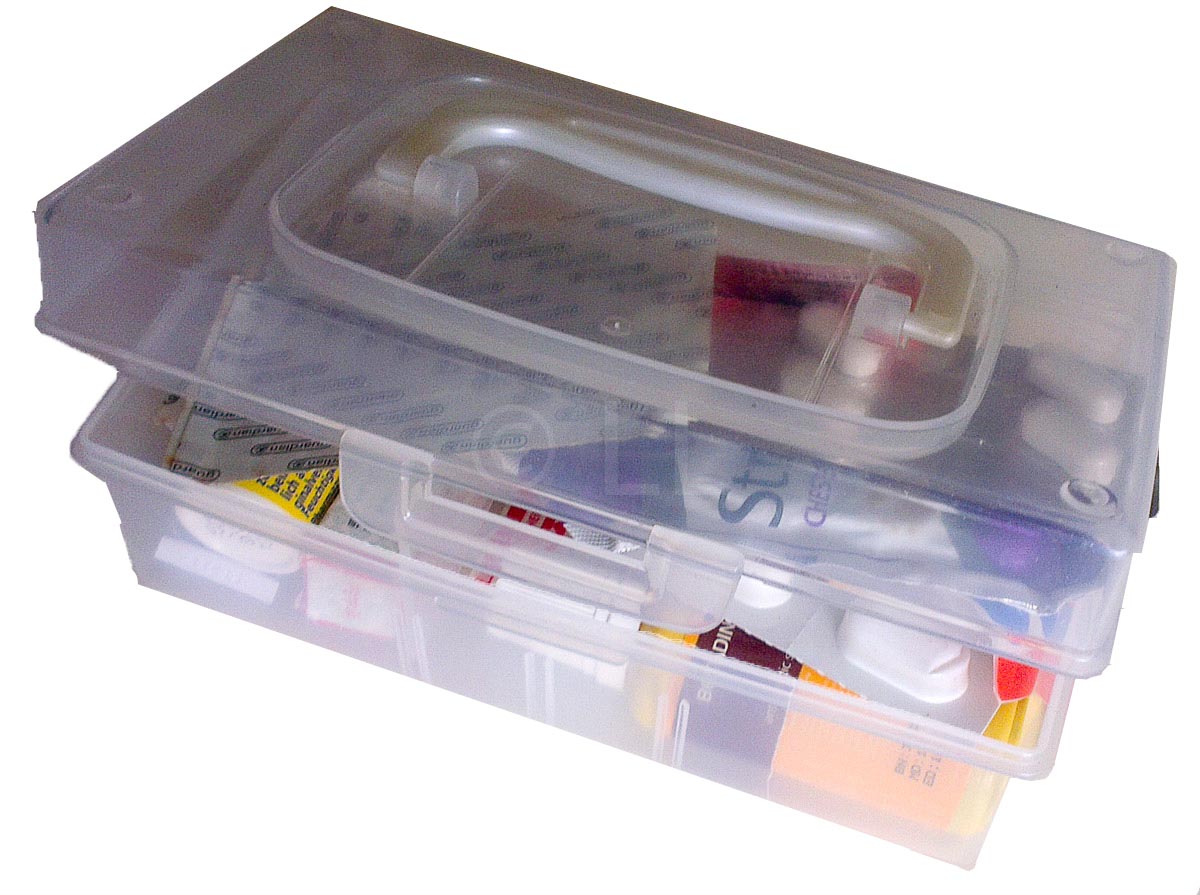
This doesn’t need to be complex, a simple box or bag with basic first-aid items. Some useful items could be
- something in case of tummy troubles (diarrhoea) e.g. charcoal tablets
- roll bandage / triangular bandage
- plasters for cuts and grazes
- iodine or similar, for cleaning a wound
- sterilising tablets
- antiseptic or antibiotic cream
- throat pastilles for coughs
- heat rub for muscle strain
Vary the list according to your needs or destination / type of activities
9. Buying medication overseas
If you haven’t taken them with you, or your medication is lost, stolen or has been confiscated, you may find you need something you don’t have with you. First rule is to avoid buying counterfeit medicines. This could be difficult to be sure of in certain locations. Ask a trusted local if you know someone, find a pharmacy with a licensed pharmacist or go to a doctor. If you know the NIN (see above) a pharmacist should be able to assist. For simple matters – coughs and colds or a muscle strain, they’ll be able to help, but always respond quickly if you experience any unusual side effects or unexpected reactions.
10. Travel Insurance
Travel Insurance is worth considering. You can purchase this from the airline when you buy your ticket, but read the conditions carefully. A better bet may be to check other available options and buy a policy that suits your specific needs. We’ve found that buying online is often the least expensive way to do this.
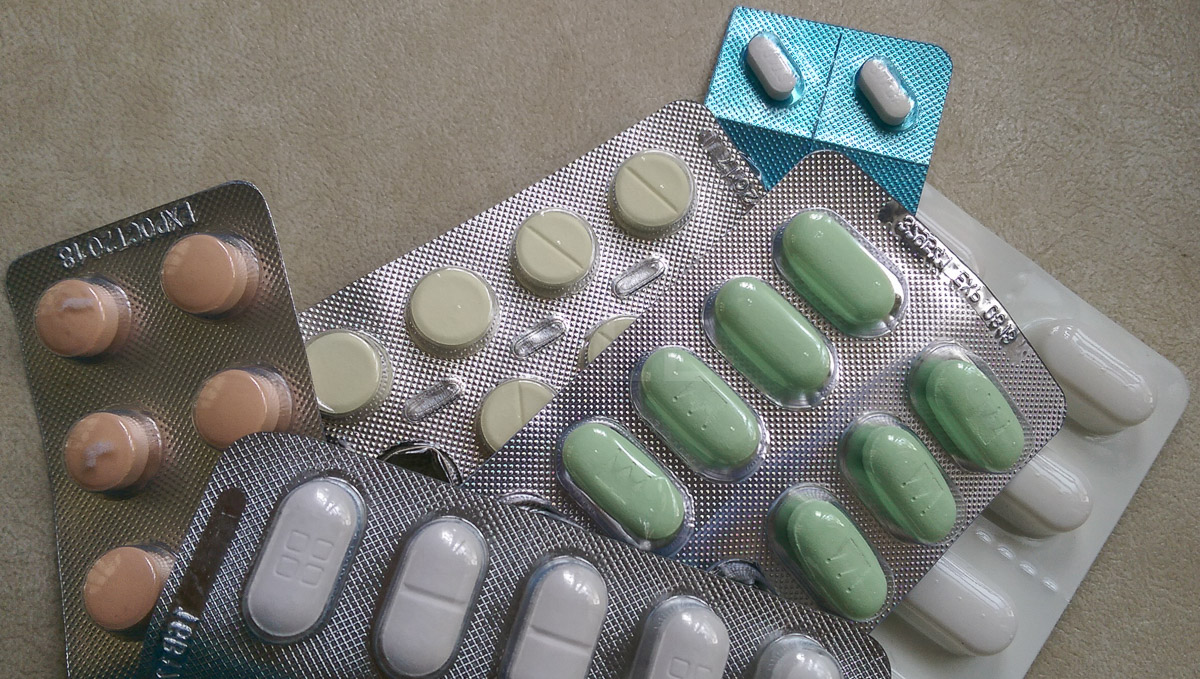
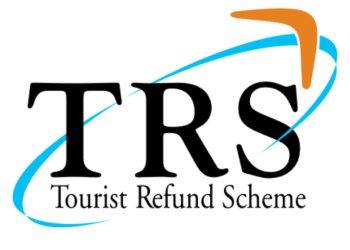
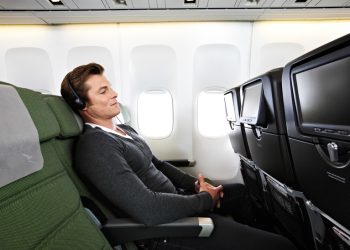




This Post Has 0 Comments